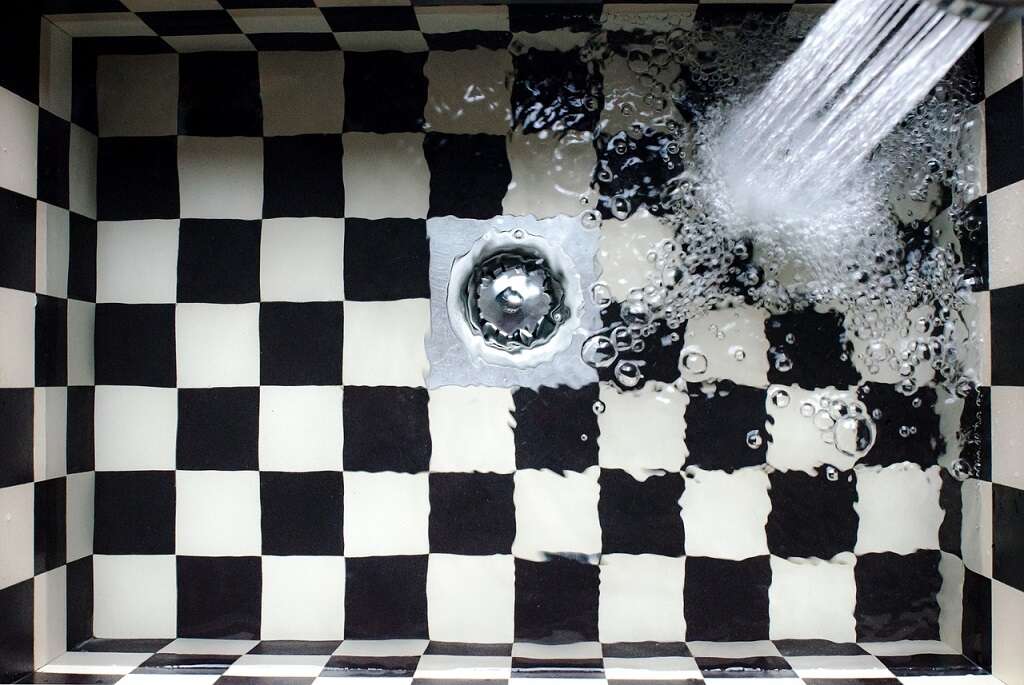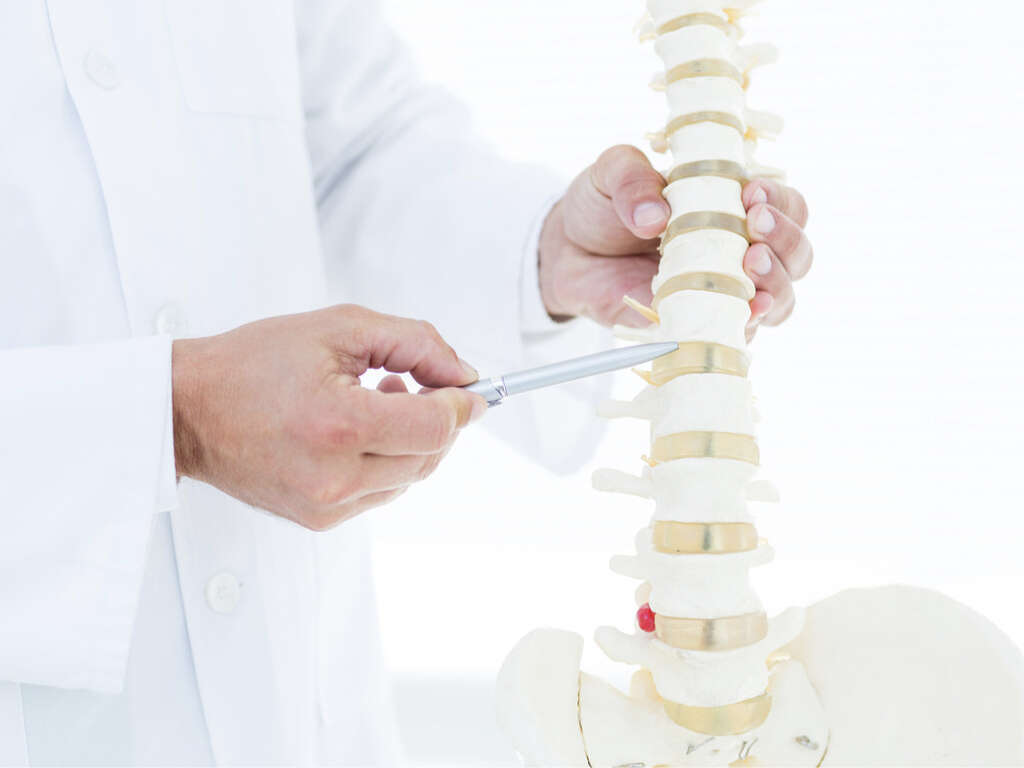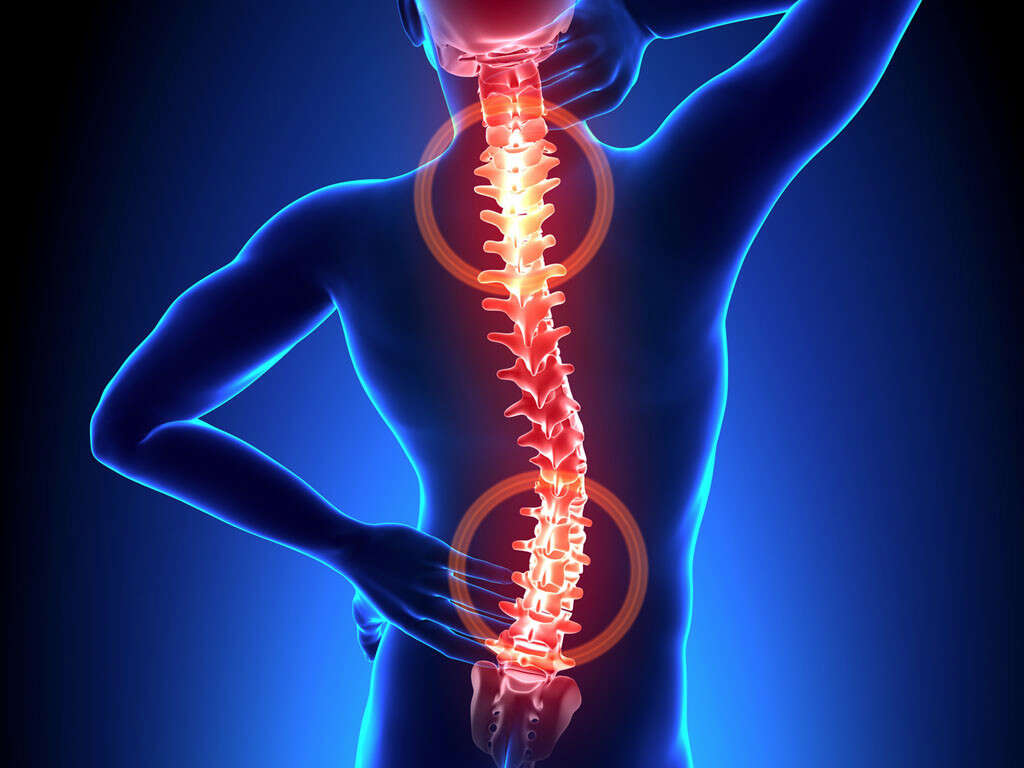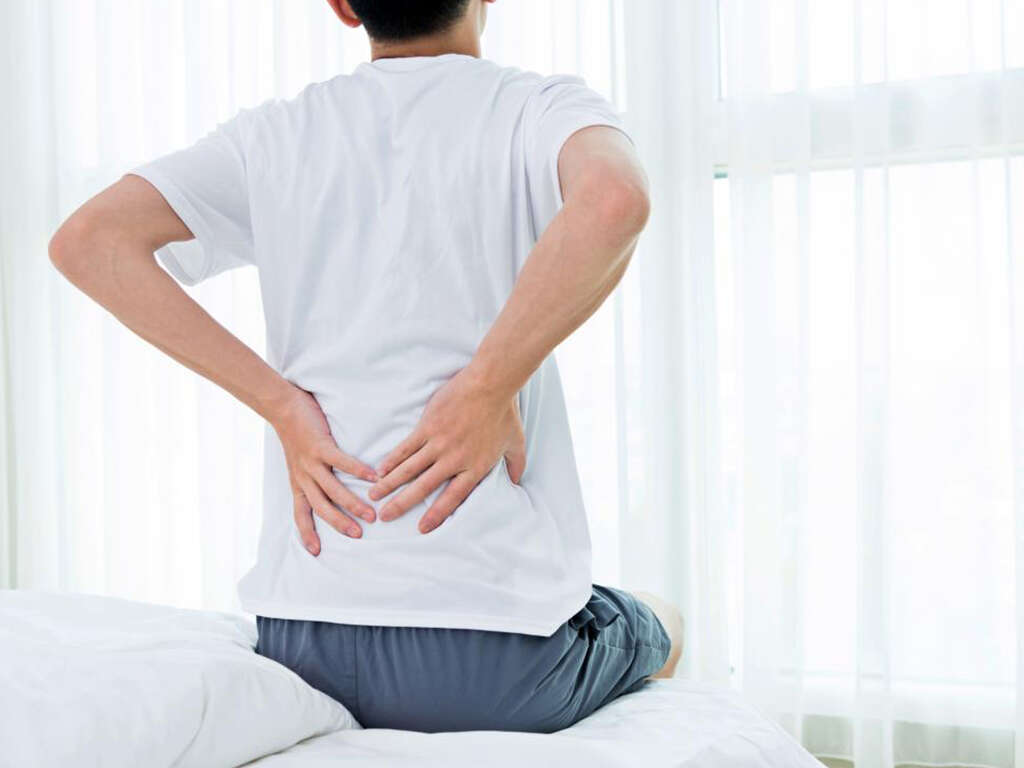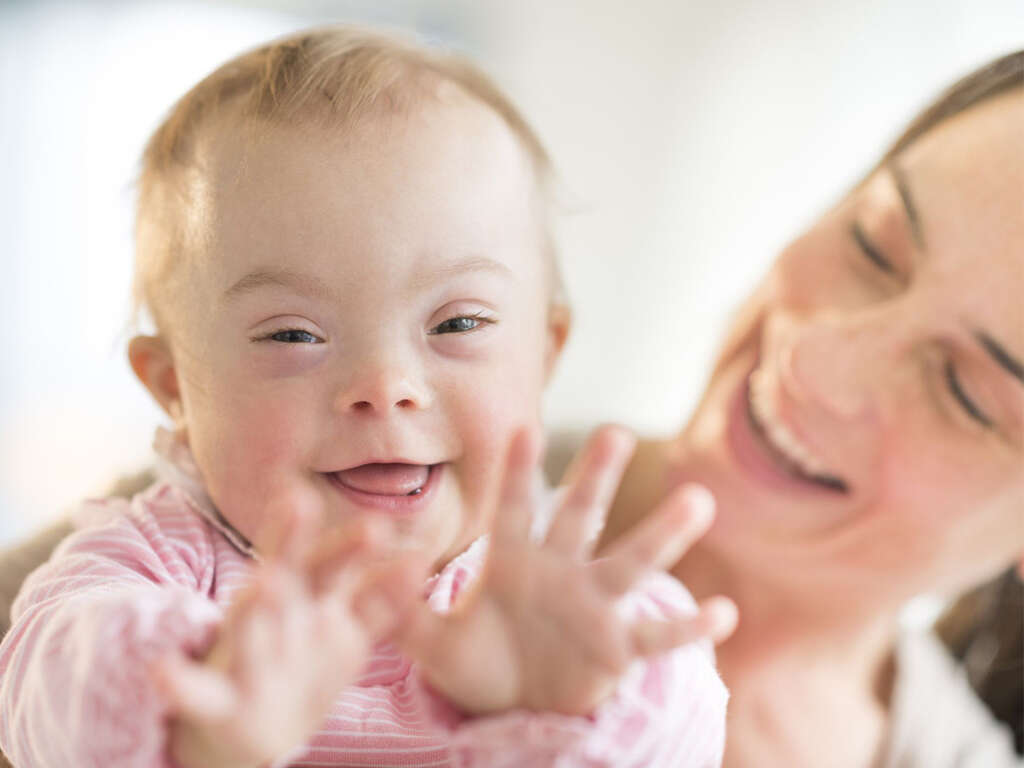10 Spina Bifida Symptoms
 Article Sources
Article Sources
- 1. 'What Is Spina Bifida? Resources and Prevention.' Spina Bifida Association, 15 Sept. 2020, www.spinabifidaassociation.org/what-is-spina-bifida-2/
- 2. The Children's Hospital of Philadelphia. 'Spina Bifida Causes, Symptoms and Treatment.' Children's Hospital of Philadelphia, The Children's Hospital of Philadelphia, 31 Mar. 2014, www.chop.edu/conditions-diseases/spina-bifida
- 3. 'What Is Spina Bifida?' Centers for Disease Control and Prevention, Centers for Disease Control and Prevention, 3 Sept. 2020, www.cdc.gov/ncbddd/spinabifida/facts.html
- 4. 'Spina Bifida Fact Sheet.' National Institute of Neurological Disorders and Stroke, U.S. Department of Health and Human Services, www.ninds.nih.gov/Disorders/Patient-Caregiver-Education/Fact-Sheets/Spina-Bifida-Fact-Sheet
- 5. Streur, Courtney S., et al. 'Sexual Function of Men and Women With Spina Bifida: A Scoping Literature Review.' Sexual Medicine Reviews, Elsevier, 17 Feb. 2021, www.sciencedirect.com/science/article/abs/pii/S2050052120300998
- 6. 'Neuropsychology Guideline.' Spina Bifida Association, 5 June 2020, www.spinabifidaassociation.org/resource/neuropsychology/
Fluid in the Brain
According to the Spina Bifida Association, between 70 and 90 percent of children with myelomeningocele or spina bifida cystica have too much fluid in their brains, a condition called hydrocephalus. This happens because the fluid isn't able to drain, which causes swelling and pressure and can lead to brain damage.
Children with fluid buildup have a visibly large head. This spina bifida symptom can also occur in kids without the defect.
Advertisement
